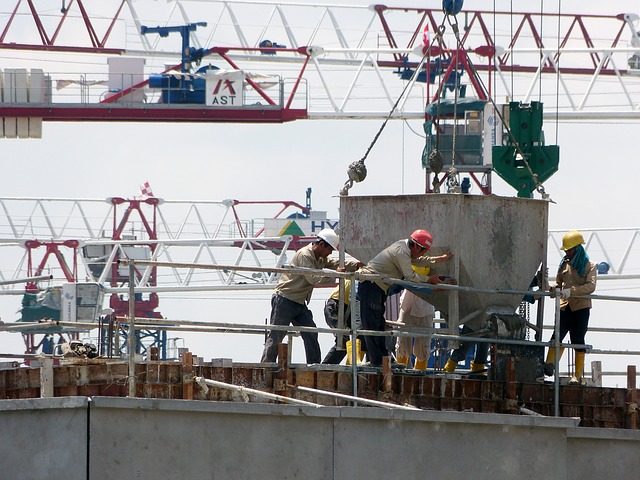
Ultraactivity
in collective agreements
is a controversial aspect given its fundamental importance when there is no agreement between employers and workers to regulate labor relations.
Today we are dealing with clarifying the meaning of this concept and how it governs in Spain within collective agreements.
Ultraactivity in collective agreements: What meaning is hidden behind this concept?
Ultraactivity is a concept that serves to define what is the framework of labor relations when an agreement is extinguished.
In the period during which the new agreement is negotiated, it is understood that the conditions of the previous one are extended, both in terms of rights and obligations.
This period of indefinite unilateral extension is what is known as ultraactivity.
One of the recurring problems is that ultra-activity can favour one of the parties concerned when the agreement has become outdated and was therefore a pressure element.
What used to happen is that, if there is no factor that determines the renewal of the agreement, it could be extended sine die and without prospects of change.
If the decision by arbitral award was distrusted, it would most likely be maintained for several years.
It was precisely the awareness of this situation that has decisively influenced legislation to limit abuses and, above all, to clarify the issue.
In recent years there have been significant changes that you should know.
The current principle of ultra-activity in collective agreements

The main legislative novelty is in the limitation of ultraactivity because, although it does not disappear completely, its duration is substantially limited.
In practice, it was previously possible to continue several years with an expired agreement without the intervention of other instances, which was popularly known as petrification.
The current legislation determines that an expired Collective Agreement cannot be extended for more than one year unless expressly agreed by both parties.
In the event that the negotiations are broken, there is the possibility that an arbitral award will be claimed that resolves with binding character and establishes new conditions.
If there is no such intervention, when a year passes, the reference to which to benefit will be the Collective Agreement of superior scope,which will have full force and obligation for both parties.
One of the consequences of this measure is that the petrification of the agreements was avoided for years and, in July 2013, those that had not been renewed when appropriate expired.
However, one aspect remained unclear, and that was whether workers who had been hired before 2012 kept their rights intact or whether, on the contrary, they had to avail themselves of the new agreement. This point was fundamental because it affected millions of people.
There is a nuance for those people who were hired with the old Collective Agreement.
While it is true that after a year it will decline and will be governed by agreements of higher scope, this will not happen with the labor rights acquired previously, which will be incorporated into individual contracts.
With this, the field of action of this measure is significantly limited, which will not affect the salaries, seniority or breaks that had been agreed.
Legislation on ultraactivity

The main legislative reference that regulates ultraactivity in our country is the Labor Reform of 2012, approved in Royal Decree-Law 3/2012.
The modification consisted of varying the articles of the Workers’ Statute, specifically 86.3, to introduce the new assumptions that regulated the regulations and establish the extinction of the automatic extensions.
jurisprudence
One of the legal loopholes that had to be interpreted was the situation in which the labour rights acquired prior to the entry into force of the new convention to which it had to be invoked remained.
On July 8, 2013, one year after the Labor Reform came into force, the maximum authorized extension period ended and several workers became affected by the new agreements.
As in some cases there was a reduction in rights, the courts had to determine the situation of the people who were hired before 2012.
The judgment of cassation 264/2014 of the Social Chamber of the Supreme Court recognizes people the labor benefits they had even if the agreement was not renewed, yes, individually.
conclusion
Ultraactivity
in collective agreements
has been limited in time and, although there is still an automatic extension period, employers and workers are forced to look for solutions.
The jurisprudence has been decisive because it has substantially changed this aspect by recognizing individually the rights acquired by each worker before the termination of the agreement.
The consequence is that this aspect of the Labor Reform has been fundamentally amended.
Do not hesitate to consult with the
specialists in Labor Law
of Ayce Laborytax to know better what your options are.








